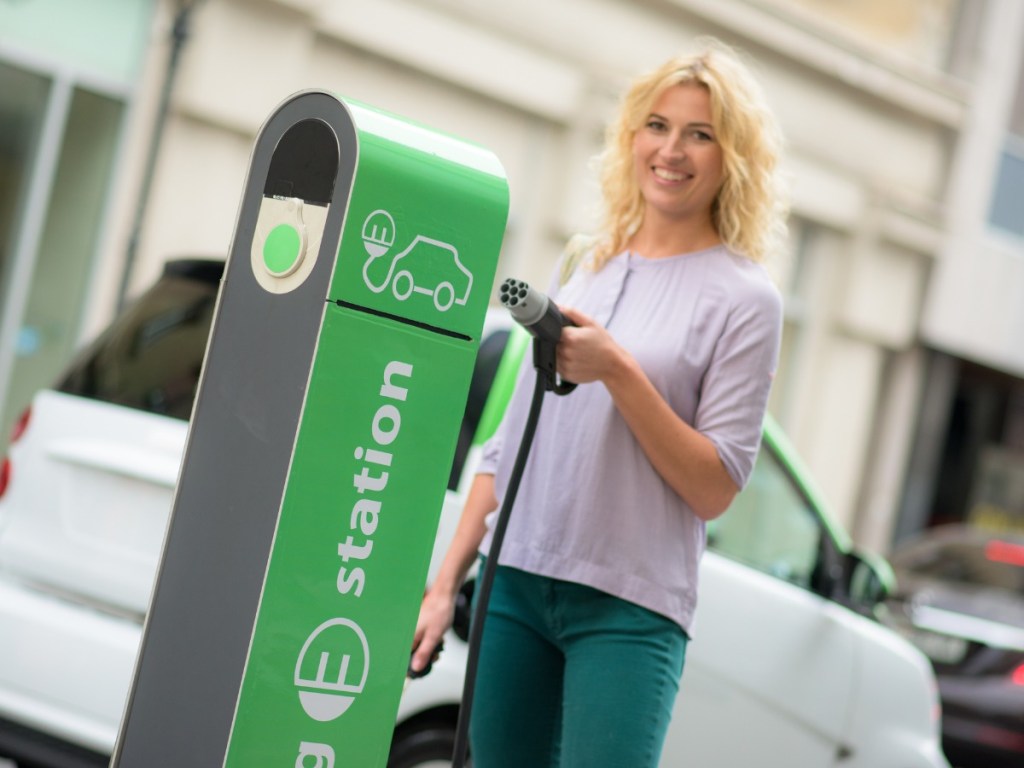While governments around the world are using every means possible to incentivise the uptake of electric vehicles, there are some states in Australia that appear to be doing just the opposite with discussions around implementing a road user tax.
South Australia was the first jurisdiction to propose implementing a unique tax on electric vehicles, which would see a distance-based tax to electric cars in lieu of fuel excise tax.
If passed, this tax would come into effect from July 2021 and would be expected to raise $1 million annually to be used for road maintenance.
But the proposed tax is unlikely to garner cross-bench support, with SA’s Labor Leader Peter Malinauskas announcing his party’s clear opposition to the plan. He says the tax would actively discourage people from buying electric cars and drive investment in electric vehicle infrastructure away from South Australia.
Meanwhile, NSW Treasurer Dominic Perrottet has said that he would like to take a similar electric vehicle road user tax to cabinet in the next 12 months – a move that the Electric Vehicle Council (EVC) has said would cement NSW as “the dirty car capital of the world”.
EVC CEO, Behyad Jafari, said the Treasurer’s puzzling position, if retained, would be a crushing disappointment to those who could see the abundant potential of electric vehicles.
“No other jurisdiction in the world – aside from the South Australian Coalition Government this week – has thought it sensible to apply a special new tax to electric vehicles,” Jafari said.
“Yes, in the long run governments won’t be receiving as much in fuel excise as people drive more efficient vehicles. But that’s a good thing. Burning less foreign oil in our cars is good for our city air, it’s good for our health, it’s good for our climate, and it’s good for our economic sovereignty.
“The money paid in fuel excise doesn’t get quarantined for roads. That’s a myth. If tax is dwindling from one area, governments don’t have to make it up from that same area. That would be like whacking a new tax on nicotine gum because you’re worried about a drop in the tobacco excise. It’s madness.
“One day, when electric vehicles start becoming common place, the time may come to consider new taxes. But at this point in our history, when we should be doing everything possible to encourage people to switch to electric vehicles, this tax would be pure poison.”
A new report from EY, ‘Uncovering the hidden costs and benefits from electric vehicles’ has shown every electric vehicle that replaces a combustion engine car delivers an $8,763 net benefit to the economy over a 10-year life span, including an average $1370 benefit to government revenue.
“Modelling by EY, released just weeks ago, shows every electric car sold today is a net win for government coffers and a net win for the economy more broadly. Why would any government try to discourage that?
“New South Wales is already a global dirty car magnet because other nations have restrictions on emissions. Mr Perrottet’s plan would well and truly cement that status.”
Outside of Australia, it was announced this week that Britain’s Prime Minister Boris Johnson would look to ban petrol and diesel cars in Britain from 2030.

